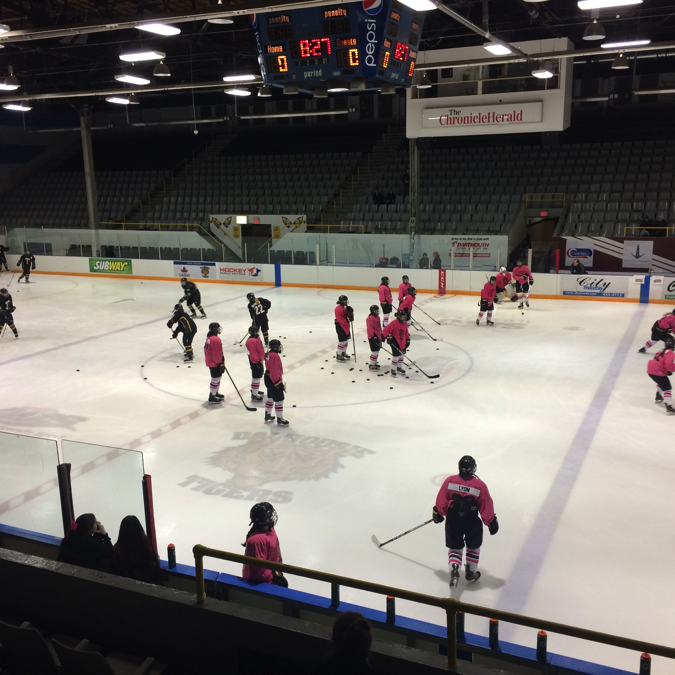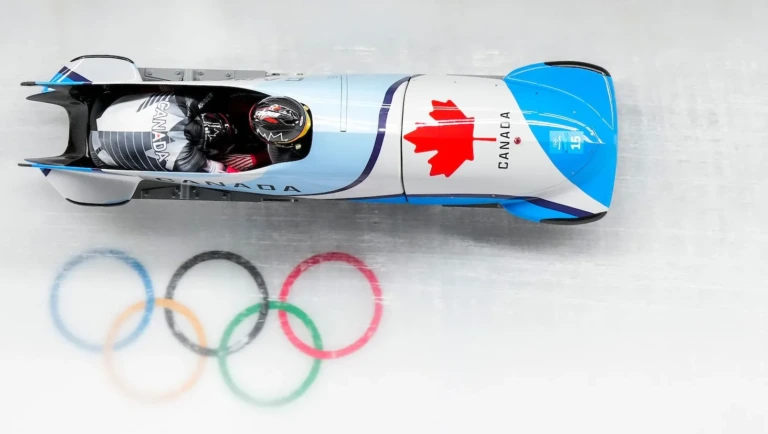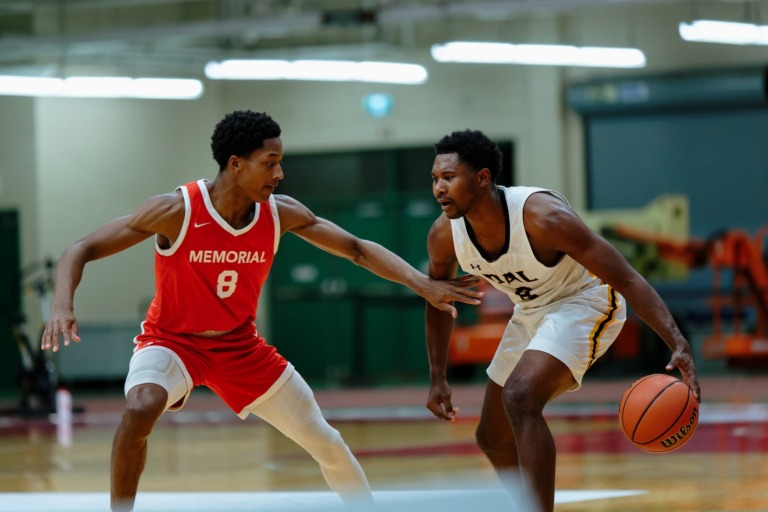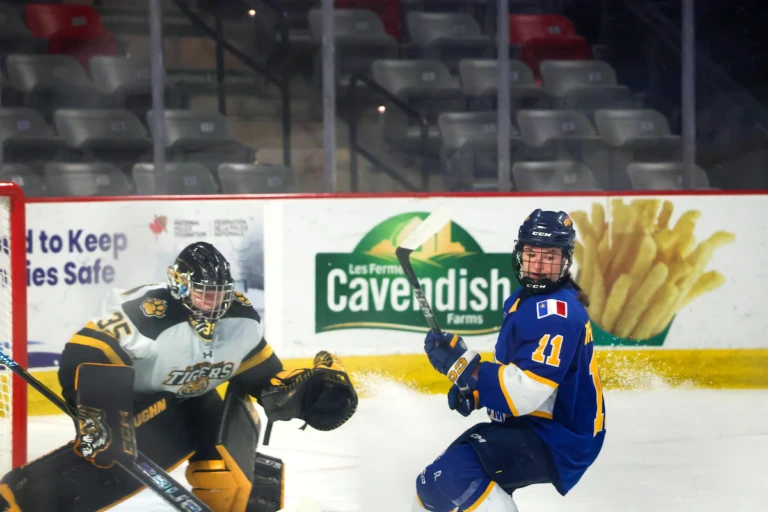
Somehow: The Story of Jody Shelley
Shelley is one of two Dal hockey players to make it to the NHL
When Jody Shelley sat down for a recruiting dinner with Dalhousie University, a member of the recruiting team told him he should play for Dal and get a degree because he would never make it to the National Hockey League.
Three years later he made it to the NHL.
“Ah right,” Shelley said as he chuckled in response to the story. “I mean it’s pretty hard to make it; but somehow.”
Shelley’s childhood was spent playing outdoor hockey in British Columbia, Newfoundland and Nova Scotia naturally led him to his time as a Tiger at Dalhousie.
Growing up, Shelley saw hockey as “a fun thing to do.”
It wasn’t until he went to Dalhousie University to play for the Tigers that he seriously considered hockey as a career option.
Shelley went to Dal part time as a bachelor of arts student when he was playing for the Halifax Mooseheads.
He switched to commerce when he started playing for Dal. The shift from junior league hockey to university league hockey had a major impact on Shelley’s career. He emphasized the Tigers focus on “careers and the future and the impact of today on networking” as a privilege, describing Dalhousie as a wonderful school.
“There was a lot of passion, you know [when] we played Saint Mary’s and Acadia. Lot of fun on the ice but it was neat to take a step back from hockey all the time and try to balance a schedule with school,” he said.
According to Shelley, Dalhousie gave him direction at a time of indecision in his hockey career.
“You’re at a crossroads in life and you’re sitting there not knowing where you’re going or what you’re doing but you can go to school and have a focus and a challenge,” he said.
Seeing fellow players at Dalhousie make it professionally in hockey forced Shelley to examine his own standing as a professional hockey player. The shift from playing hockey at Dal to transitioning to the pro leagues was made with deliberation.
“My decision had to be made – either sign a pro contract with the Saint John Flames and take a run at it, or wonder the rest of my life if I could’ve played one game in the National Hockey League.”
Like anyone struggling with a major decision, he called his mom.
“I told her that I was going to be leaving Dalhousie, and she was devastated, she was crying on the phone, and I said, ‘well Mom, I can’t live my life wondering if there was ever an opportunity to maybe play professional hockey and make a career of it,’ so off I went.”
Shelley found success playing in the professional hockey scene as a fighter. Between 1998-2001 Shelley spent time in both the East Coast Hockey League and American Hockey League.
He played his first NHL game for the Columbus Blue Jackets in 2000 before transitioning to a regular NHL player the next season.
He proceeded to play in the NHL for 12 seasons, moving from the Columbus Blue Jackets to the San Jose Sharks, wrapping up his career playing for the New York Rangers and the Philadelphia Flyers.
He finished with 18 goals, 36 assists, 54 points and 1,538 penalty minutes in 627 career games. Shelley who was listed at 6’3 and 230 pounds in his last NHL season was a tough fighter and he lead the NHL in fighting majors in the 2002-2003 season with 27.
In 2013, by the time Shelley was 37 he was ready for retirement.
“I had a young family, and I was done. I feel like this is a reward,” he said of his recent shift in career to sports broadcasting.
Shelley currently works as a broadcast associate and team ambassador for the Columbus Blue Jackets.
“Anytime you can be associated with the National Hockey League, you’re very fortunate,” he said.
At Dal, Shelley is one of two Tigers to make it to the NHL, Paul MacLean being the other.
Shelley wasn’t a Tiger for long, only playing 19 games. In those few games he scored 17 points along with getting 145 penalty minutes. Fighting in university hockey was met with suspensions so Shelley didn’t fight often but he still racked up the penalty minutes with his physical style of play.
His legacy as a Tiger is being a big power forward with a talent for getting into trouble on the ice.
“I enjoyed just playing hockey and not fighting but I enjoyed getting into scraps at Dal, get the fans fired up,” he said. “People ask me all the time about Dal. It’s a part of my history that I’m very proud of.”






